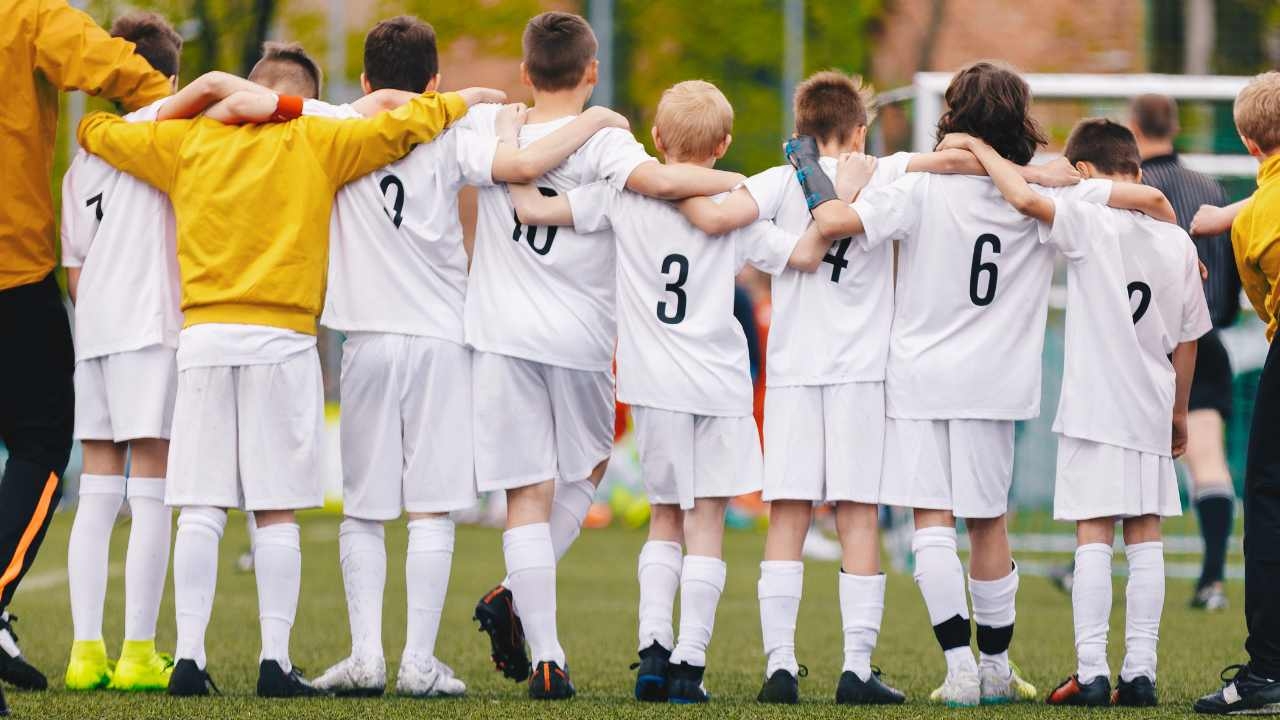You, Me, We
An exercise in building a positive team culture
James Leath
| 3 min read

Canva
During my senior year of high school, I decided to see if my athleticism could transfer to the volleyball court. I had been a two-way starter on the football team all four years and had spent time on the wrestling team, baseball team, track team, and the competition cheerleading team. How hard could it be? Although I made the team, I did not play much. Volleyball, like any sport, requires a particular set of skills that must be developed and mastered. Not only did I not possess those skills or the years of acquiring them like my teammates, but I was also the shortest guy on the squad which did not help my playing chances. I remember my first day of practice being in awe of these athletes. They would soar through the air and smack the ball with a loud thud that echoed throughout the gym with ease. A ball would speed at them faster than I could track and they would somehow move their bodies right in front of it, bumping it perfectly to the setter to then create an echo from the air-assault on the ball.
Though I did not play, I took away lessons that I would later use as a coach. At the end of every practice, had us repeat an exercise I still use to this day. She would gather us up in an informal huddle and randomly ask each player one of three questions:
-
What did the team do that was good?
-
What did someone else do that was good?
-
What did you do that was good?
She called it “You, Me, We” and we never ended a practice without spending a few minutes celebrating the good things that happened that day. I later found out she kept a record of who he asked on her clipboard so no one would go more than a few days without having to answer one of the questions.
YOU
Getting a compliment from a peer is very powerful. As a coach, you may not have noticed something good that one of your athletes did during practice. This is an opportunity for players to see each other and build each other up.
ME
Many athletes dwell on past mistakes, and that slows down their improvement, or they focus on the mastery or mistakes of others. Give your athletes an opportunity to search for the good in their performance. Did they hustle more than the day before? Did they improve on something today? Force them to recognize some sort of improvement in their game and try to notice that in the next practice.
WE
Celebrate the team. What is the team getting better at? Was there a moment in the previous game when the momentum shifted? Is the energy level of practice improving?
Focusing on self, others, and the team is going to happen whether you do this exercise or not. However, I find that doing this helps you as the coach guide the thought process of your athletes, leading them to focus on positives instead of negatives.
Originally published on jamesleath.com. James Leath is a leadership development and mental performance coach.




